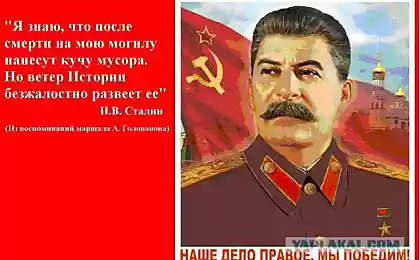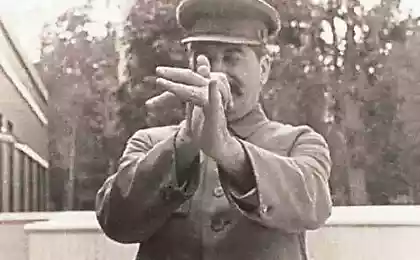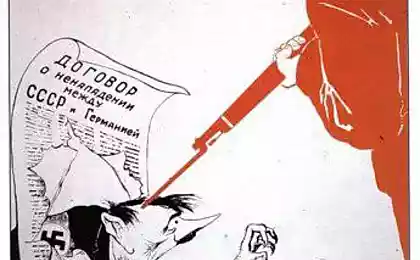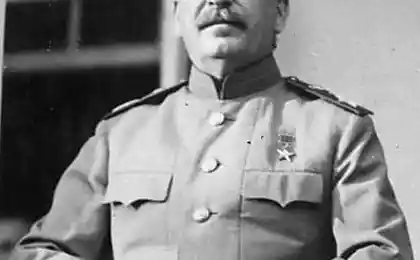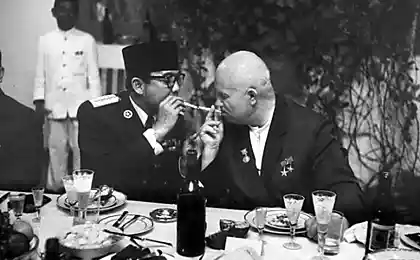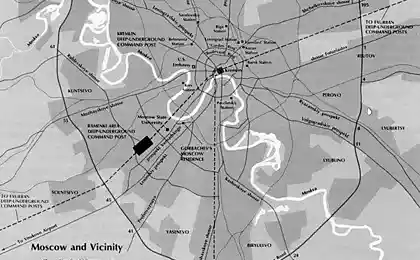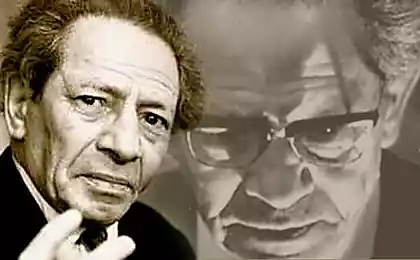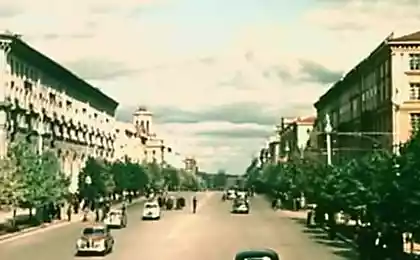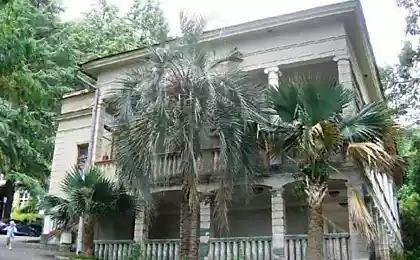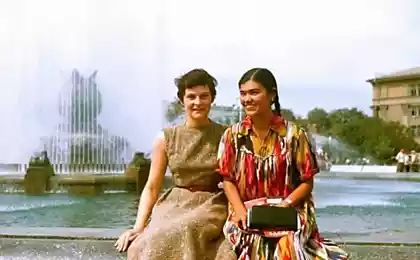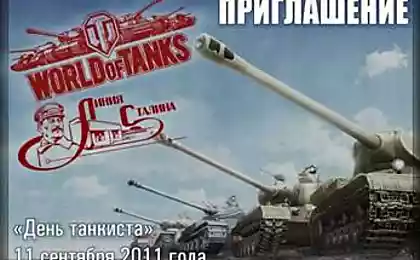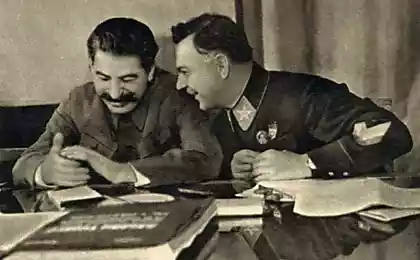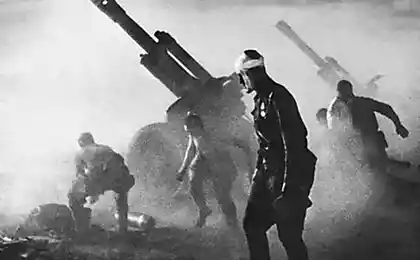889
The authority of Stalin

On the authority of Stalin in 1917 eloquently voting results to the Central Committee at the Seventh (April) Conference of the CPSU (b). Of the 109 delegates (by secret ballot) for Stalin submitted 97 votes. Ahead were only Lenin (with 104 votes) and Zinoviev (who collected 101 votes).
That is, Stalin officially became the third most important figure in the party, which undoubtedly reflects the fact that his authority. Especially because the discussion of candidates, none of Lenin's entourage did not speak in his support.
Only Lenin, presenting the candidacy of Stalin, escaped with just two meaningless, kratenko phrases: "Comrade. Koba we know very many years. Did you see him in Krakow ... more important than his work in the Caucasus ... ". While the same Lenin, when discussing candidates Kamenev gave it unfolded, full of laudatory epithets characteristic. But even then, Kamenev received 95 votes; the rest (of the 26 proposed candidates) lagged behind that of the leading group with a significant gap. [The Seventh (April) Conference of the RSDLP (Bolsheviks), Moscow, 1958]
Great stuff about this is contained in the transcripts of the congress. The information contained in parentheses about the behavior of the audience - "applause" or "long ..." - more eloquently than many other sources.
In May 1924, held at the XIII Congress Party when the authority of Lenin still "in the air", and, nevertheless, notice how the room responds to Stalin.
Presiding Kamenev announces:
"The word has to report t. Stalin"; and this is how the hall meets these words (The following quote - explanation in brackets in the verbatim report): "Prolonged applause and cheers».
Next Congress XIV (from 18 to 31 December 1925); Presiding: "Word to the report of the Central Committee has m. Stalin." Again, the reaction of the audience (in brackets verbatim report): "Stormy and prolonged applause and cheers. All rise ».
His speech on Dec. 23 almost every two or three sentences interrupted by shouts (in brackets): "Right" and applause.
Whatever Stalin's perfidy nor accused, no matter how much argued about the dictatorial nature of the stock, in fact everything is a lie. He becomes the leader of the party and the people solely because of their service to this people, and what the facts show love and reverence.
In an editorial "Truth" of 4 November on the work XV All-Union Party Conference (1926) states that "... the appearance of t. Stalin tribune" "Conference meets thunderous standing ovation».
Of all the information is given in brackets it is clear that Comrade Stalin is not something that "the darling of the Party" (like, say, Bukharin), and recognized as a national leader. This is the unquestioned authority of the person in which the masses of the people "are willing to work and to exploit" in the name of those ideas which they proclaimed, and when they recognize only his leadership over itself.
Let's try there, in brackets, like finding the opposition
For example, a speech at the XIV Congress Kamenev; after his words - ... t. Stalin can not fulfill the role of unifier of the Bolshevik headquarters, "we read in brackets:" Voices from the audience: "Wrong! Nonsense! "" That is what's going on! "" Bluff! "Noise. Applause ... The cries of "We will not allow you to command posts!" "Stalin! Stalin! "The delegates stand up and greet Stalin. Loud applause / ... / Voices from the audience: "Long live Comrade Stalin!" Loud and prolonged applause. Shouting "Hurrah!»
These other oppositionists - Yevdokimov was interrupted 24 times remarks and laughter.
The content information is still in brackets; I do not understand how it could ignore historians. It is eloquent speeches of any speaker in defense, and in the "condemnation" of Stalin. All statements of the then opposition and subsequent pseudohistorians the seizure of power by Stalin, the dictatorship, tyranny, the collapse, which leads Stalin country to retreat from the Leninist norms, the distortion of socialism and about anything, that only can they come up - a lie. But the most valuable thing here - documentary fixed people's love for their leader, whom the opposition at that time already she called a dictator. Recall in this connection, about the love of the Roman people to the dictator Caesar; complete analogy.
The thing is that "Lenin's environment", headed by Trotsky continued to rave theory of "permanent revolution" and some distant, almost mythical, of communism throughout the world; Stalin at this time proclaimed (and constantly defended) the idea for "happy life" in his country.
Proclaimed to them the idea of building socialism "in one single country" was more understandable (and closer) than the message is Trotskyism, and therefore adopted a party sincerely, with the enthusiasm of which we judge by the behavior of Hall XIV Congress of the party.
"Stalin believed in the masses ... and the masses believe in him. In the new Russia - a genuine cult of Stalin, but this cult is based on trust and originates in the lower ranks. ... - Is a person who takes care of everything, and all that created what is, and create something that will. He saved. He will save. " (A. Barbusse, "Stalin»)
In fact, H. Barbusse notes in the characterization of Stalin that we prove. AND IN. Stalin was the leader of the nation because he acted solely in the interests of the people and the state. That is to say, did so, and should act as a dictator. Hence, in many ways, and the enthusiasm of the people to implement his ideas.
Return (it was in the 30s) after his trip to the USSR Anthony Eden told parliament:
"Whatever we thought about the experiment, which is currently underway in Soviet Russia, but I've never been in a country which ... would be preoccupied for many years ahead of its inner workings ...»
This work is organized Stalin.

